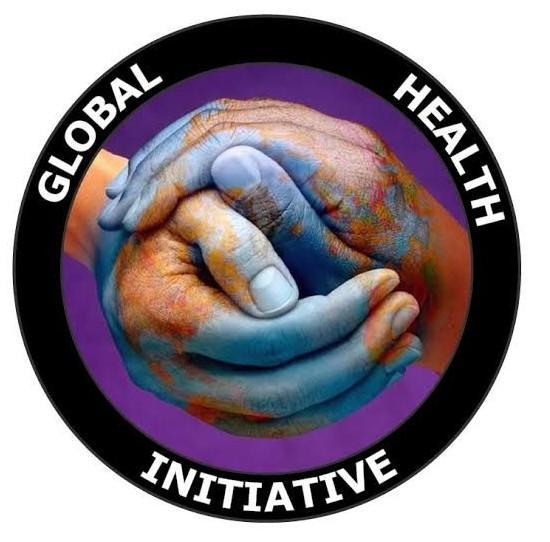In an increasingly interconnected world, Global Health Initiatives Tackling Major Diseases Worldwide play a crucial role in addressing the pressing health challenges that affect millions. These initiatives encompass a wide range of programs aimed at combating diseases such as HIV/AIDS, malaria, tuberculosis, and more. By leveraging international collaboration, innovative research, and community engagement, these initiatives strive to improve health outcomes and promote equity in healthcare access across diverse populations.
As you delve deeper into this article, you will discover the various strategies employed by global health organizations to combat these major diseases. We will explore the significance of partnerships between governments, non-profits, and private sectors in driving impactful change. Additionally, you will learn about the latest advancements in medical research and technology that are revolutionizing treatment and prevention methods, making healthcare more accessible than ever before.
Furthermore, we will highlight inspiring success stories from around the globe, showcasing how targeted interventions have led to significant reductions in disease prevalence and improved quality of life for affected communities. By understanding the multifaceted approach of these global health initiatives, you will gain insight into the ongoing efforts to create a healthier future for all. Join us as we embark on this enlightening journey and uncover the vital work being done to tackle major diseases worldwide.
Strengthening Vaccination Programs to Combat Infectious Diseases
Vaccination programs play a crucial role in global health initiatives aimed at combating infectious diseases. These programs are designed to immunize populations against diseases such as measles, polio, and influenza, significantly reducing morbidity and mortality rates. The World Health Organization (WHO) and various non-governmental organizations (NGOs) have been instrumental in promoting vaccination campaigns, particularly in low- and middle-income countries where access to healthcare is limited. By increasing vaccination coverage, these initiatives not only protect individuals but also contribute to herd immunity, which is essential for preventing outbreaks.
One of the most notable examples of successful vaccination initiatives is the Global Polio Eradication Initiative (GPEI), which has led to a dramatic decrease in polio cases worldwide. Through extensive outreach and education efforts, GPEI has mobilized communities to participate in vaccination drives, ensuring that children receive the necessary doses. Additionally, the introduction of new vaccines, such as the rotavirus and human papillomavirus (HPV) vaccines, has expanded the scope of vaccination programs, addressing a broader range of infectious diseases. These efforts highlight the importance of sustained funding and international collaboration in achieving global health goals.
Despite the successes, challenges remain in the implementation of vaccination programs. Misinformation about vaccine safety and efficacy can lead to vaccine hesitancy, undermining public health efforts. To combat this, health organizations are increasingly focusing on community engagement and education to build trust and encourage vaccination. Furthermore, logistical challenges, such as supply chain issues and the need for cold storage, must be addressed to ensure that vaccines reach remote and underserved populations. By overcoming these obstacles, global health initiatives can continue to make significant strides in reducing the burden of infectious diseases through effective vaccination strategies.
| Infectious Disease | Vaccine Availability | Global Impact |
|---|---|---|
| Measles | MMR Vaccine | Over 140,000 deaths in 2018 |
| Polio | OPV/IPV | 99% reduction in cases since 1988 |
| Influenza | Seasonal Flu Vaccine | Up to 650,000 respiratory deaths annually |
| Initiative | Focus Area | Key Activities | Impact |
|---|---|---|---|
| Global Fund | HIV/AIDS, Tuberculosis, Malaria | Funding programs, strengthening health systems, community engagement | Saved millions of lives, reduced disease incidence in targeted regions |
| Gavi, the Vaccine Alliance | Vaccine-preventable diseases | Vaccine distribution, funding for immunization programs, partnerships with governments | Increased vaccination rates, prevented millions of deaths in children |
| World Health Organization (WHO) | Global health security | Guidelines for disease control, emergency response, health policy development | Strengthened global health systems, improved response to epidemics |
| Roll Back Malaria Partnership | Malaria | Advocacy, funding for research, distribution of bed nets and treatments | Significant reduction in malaria cases and deaths in many countries |
| Stop TB Partnership | Tuberculosis | Advocacy, funding for TB programs, research and development of new treatments | Increased awareness, improved treatment access, and reduced TB mortality |
| UNAIDS | HIV/AIDS | Global advocacy, funding, and support for prevention and treatment programs | Increased access to antiretroviral therapy, reduced stigma, and improved health outcomes |




